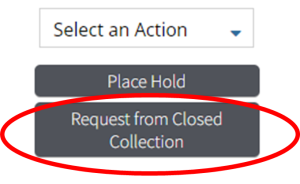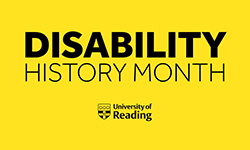Every November, thousands of men grow moustaches for charity. The annual event Movember aims to ‘change the face of men’s health’ by raising awareness and funds, particularly in the three key areas of prostate cancer, testicular cancer and mental health, including suicide prevention. Through November we’ve been been posting on social media to provide a round up of some of the best moustaches of literature and scholarship! Which of these writers would you award the Mo Throne?
The enormous beard and moustache combination has been a popular look going back centuries. Symbolic of age and wisdom, it’s been sported by figures as illustrious as Tolstoy and Tagore, Verne and Darwin, Gandalf and Dumbledore.

But then, could a beard and a moustache be considered cheating? It isn’t Novembeard. Can the beard be permitted to overshadow the moustache in its month of triumph? Twain wrote, in an essay called ‘The lowest animal’ or sometimes ‘Man’s place in the animal world’: “What is his beard for? It performs no useful function; it is a nuisance and a discomfort; all nations hate it; all nations persecute it with the razor. And because it is a nuisance and a discomfort, Nature never allows the supply of it to fall short, in any man’s case, between puberty and the grave. You never see a man bald-headed on his chin.”
The moustache without beard, fortunately, is also a popular look among the literary greats! The beard without moustache is… let’s say it’s a more risky fashion choice. At the other end of the scale, many authors have favoured the perhaps more modern approach of the understated, yet often distinguished, chevron or pencil moustache. In George Orwell’s six rules for writing, listed in his 1946 essay ‘Politics and the English Language’, he advises would-be authors to “Never use a long word where a short one will do”, and he evidently applied the same rule to his upper lip. Shakespeare in his sole inarguable portrait in the First Folio wears a thin pencil moustache, and can you have a better examplar than Shakespeare?

As Poirot, possessor of possibly the most famous moustache in literature and certainly the one most cherished by its host, advises his good friend Hastings in ‘Peril at End House’, “If you must have a moustache, let it be a real moustache – a thing of beauty such as mine.” Poirot’s definition of a ‘real moustache’ is as idiosyncratic as he is himself, of course, but many writers would agree with him.

Which writer would you award the ‘Best Moustache Ever’ prize to? Let us know via Twitter or Instagram!
You can find out more about Movember at their website, and you can find information on the library and university’s mental health resources in this blog post:
Introducing the University’s Wellbeing book collection
 The University Examinations period will extend from Monday 27 March to Friday 9 June 2023. During this time, the Library amends its visitor policy.
The University Examinations period will extend from Monday 27 March to Friday 9 June 2023. During this time, the Library amends its visitor policy.

 Like many students, you may be experiencing a new type of exam this year: the ‘online exam’. In due course, you’ll be informed about what this means for your course and we urge you to follow the advice your lecturers give you. Below are our
Like many students, you may be experiencing a new type of exam this year: the ‘online exam’. In due course, you’ll be informed about what this means for your course and we urge you to follow the advice your lecturers give you. Below are our 

 This month is LGBT+ History month, an opportunity to learn about lesbian, gay, bisexual, trans, and non-binary history, and we wanted to share some resources with you all…
This month is LGBT+ History month, an opportunity to learn about lesbian, gay, bisexual, trans, and non-binary history, and we wanted to share some resources with you all…









